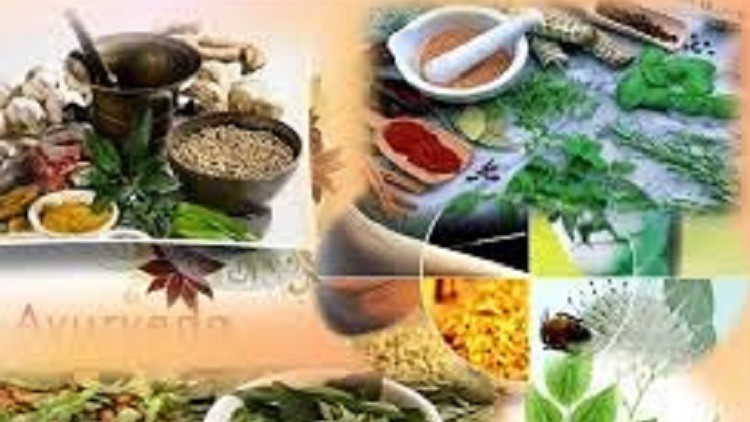
Ayurveda, Homeopathy, Unani Siddha and Chinese System of Medicine.
What you will learn
WHO defines traditional medicine as including diverse health practices, approaches, knowledge and beliefs incorporating plant, animal, and/or mineral based med
2. Build the knowledge base on traditional & complimentary medicine (T&CM) so that it can be managed actively through national policies.T
3. Strengthen the quality assurance, safety, proper use, and effectiveness of T&CM by regulation and education of products, practices, and practitioners.
4. Types of TSM Folk Medicine & (AYUSH) • Ayurveda • * Yoga(Naturopathy) • Unani • Siddha • Homeopathy • * Yoga & Naturopahty are drugless therapies.
Description
• The term “ Ayurveda” is derived from two Sanskrit words , Ayur and Veda . Ayur means life and Veda means knowledge or science. Therefore Ayurveda means science of life or way of life.
Principle of Ayurveda is based on the concept of five basic elements and tridoshas. According to Ayurveda, the whole universe made up of five basic elements ( Pancha mahabuthas).
The five elements are – Akasha (ether), Vayu (air), Agni (fire), Jala (water), Prithvi (earth). These elements are interconnected with the human body by three “doshas” namely Vata, Pitta and Kapha.
•Homeopathy is relatively a recent system of medicine. The word
“ Homeopathy” is derived from two Greek words ,
•Homois meaning similar and pathos meaning suffering.
•Homeopathy simply means treating diseases with remedies, prescribed in minute doses, which are capable of producing symptoms similar to the disease when they taken by the healthy people. It is based on the natural law of healing. “Similia Similibus Curantur” which means “Likes are cured by likes”
•The term Siddha means achievements and Siddhars are those who have achieved results in medicine.
•Agathiyar was considered the prominent leader with his later Lord Subramaniyar Agastya & Aryan Sages were also contributed.
•This principles and doctrines of this system, both fundamental and applied, have a close similarity to Ayurveda, with specialization in Iatrochemistry. According to this system the human body is the replica of the universe and so are the food and drugs irrespective of their origin.
•As in Ayurveda, this system also considers the human body as a conglomeration of three humors, basic tissues and the waste products of the body such as feces, urine and sweat.
•As the name indicates, Unani system originated in Greece. Unani system of medicine is also known as Islamic medicine.
•The foundation of Unani system was laid by Hippocrates.
•It was introduced in India by the Arabs and Persians sometime around the eleventh century.
•Principles & Concepts
•According to the basic principles of Unani the body is made up of the four basic elements i.e earth ,air, water, fire which have different temperaments i.e. cold, hot, wet, dry. After mixing and interaction of four elements a new compound having new temperament existence. i.e Hot wet, hot dry, cold wet, and cold and dry.
•Traditional Chinese system of medicine was developed the ideas recorded between 200 B.C and A.D 100 from the Yellow Emperor’s Classic of Internal medicine.
•This text is based on detailed observations of nature and a deep understanding of the way that all life is subjected to natural laws.
•In traditional Chinese medicine living in harmony with these principles is the key to good health and longevity.
•Traditional Chinese medicine has two quite different systems- the Yin and Yang theory and the five elements similar to Indian tradition.
Content